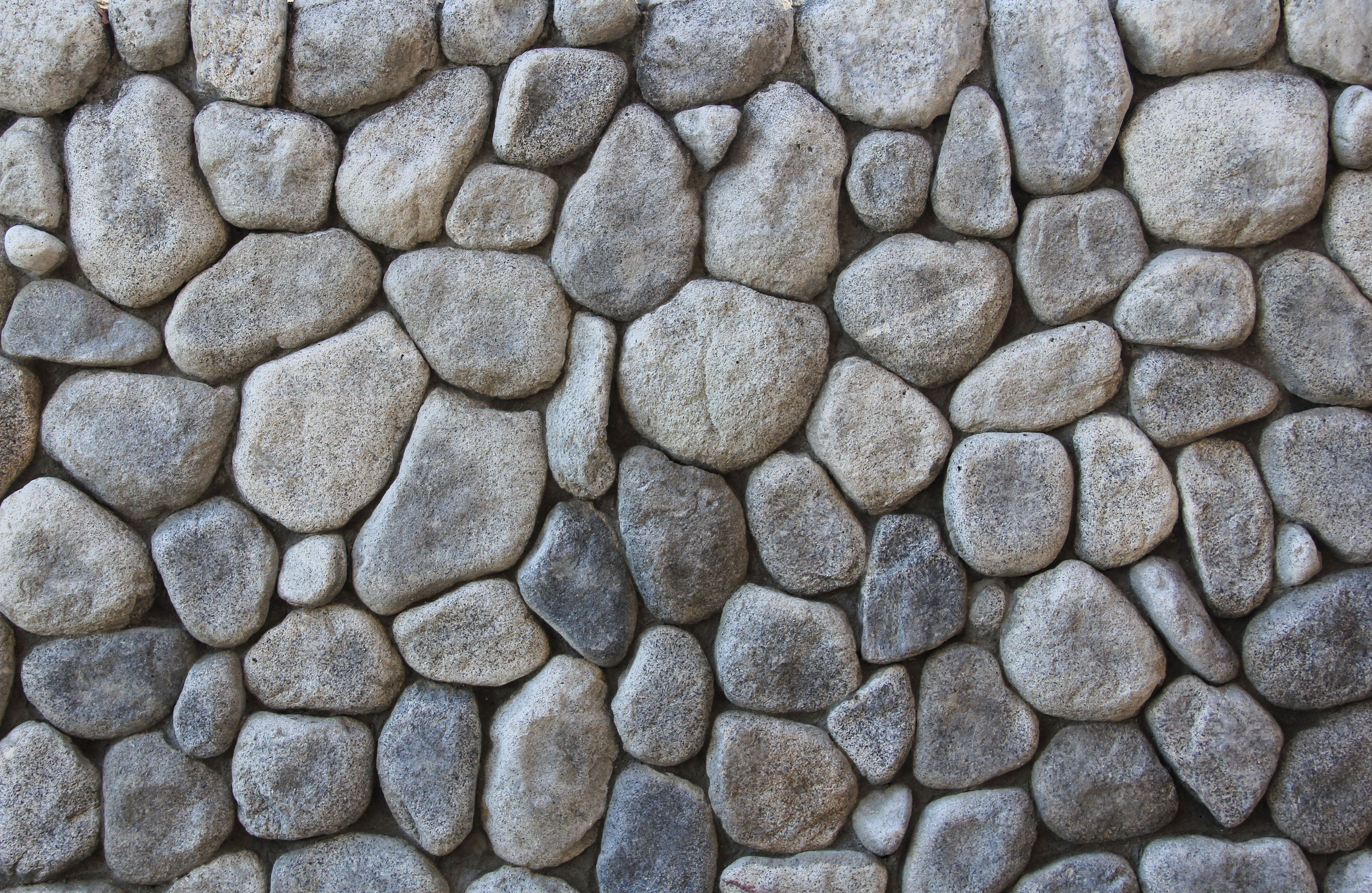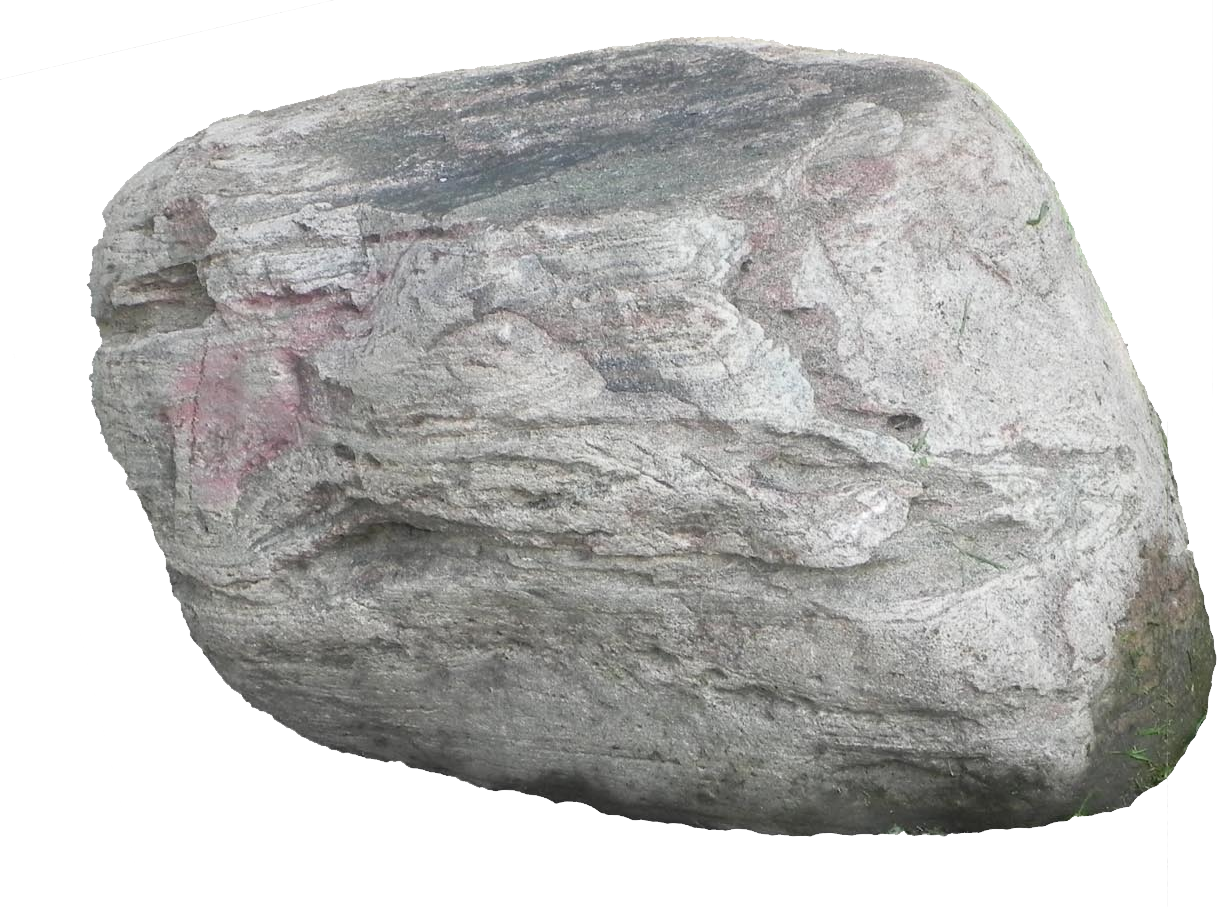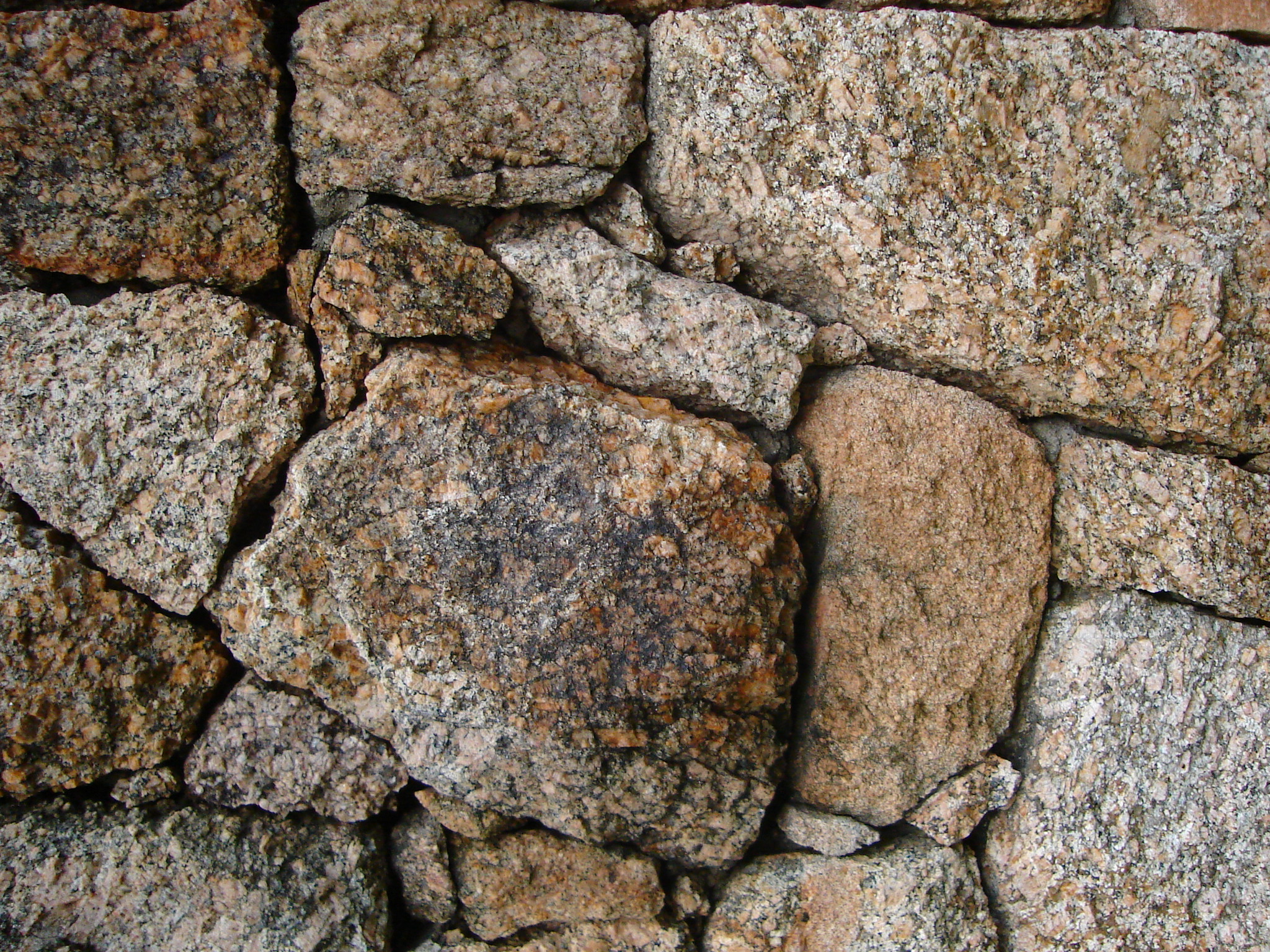Understanding Our Stone Cold Kids: Building Inner Strength
Have you ever met a child who just seems, well, unshakable? A little person who appears to handle life's bumps and scrapes with a calmness that might surprise you, or perhaps even leave you a bit puzzled? We sometimes call these children "stone cold kids," not in a bad way, but rather to describe a certain kind of composure they carry. It's a way of being that can feel a bit like the very earth itself, steady and solid, which is a rather interesting thing to consider, isn't it?
It's about noticing those young ones who, in the face of things that might upset others, maintain a remarkably even temper. They might not show big reactions, or perhaps they approach problems with a very practical, almost unfeeling, outlook. This isn't necessarily a sign of a lack of feeling, but more a particular way they process and react to the world around them. Like a piece of granite, which has a natural strength, these kids possess an inner toughness that helps them stand firm.
So, what does it truly mean when we talk about a child having this "stone cold" quality? It means exploring their unique strengths, their quiet resilience, and how they navigate life's currents. We can learn a lot by looking at how they are, and how we can support them in growing their own distinct kind of strength, which is something we can all appreciate, too.
- Design Video Game Make 300 Million Royalties Sell Microsoft 2 5 Billion Game Set Notch
- Hubert Dornano Net Worth
Table of Contents
- What Makes a Child "Stone Cold"? Unpacking Their Unique Qualities
- The Inner Granite: Traits of Resilient Children
- Nurturing Their Natural Strength: Supporting Emotionally Strong Kids
- The Benefits and Challenges of Their Composure
- Frequently Asked Questions About Stone Cold Kids
- Embracing Their Unique Composition
What Makes a Child "Stone Cold"? Unpacking Their Unique Qualities
When we use the phrase "stone cold kids," we're often talking about children who show a remarkable degree of emotional control and resilience. Think about the physical properties of stone itself. The name "stone" comes from its historical use, as a hard, solid substance found in the ground, often used for building. This hardness, this solidity, can be a great way to think about the inner make-up of these children. They possess a kind of foundational strength, a core that seems less affected by the emotional ups and downs that might sway others, which is rather interesting, actually.
It's not that they lack feelings; far from it. It's more about how they express and process those feelings. Just as stone is a "concretion of earthy or mineral matter," these children's composure might be a natural formation of their character, a way they are simply put together. They might not cry easily, or they might face disappointment with a shrug rather than a meltdown. This can be a bit perplexing for parents or caregivers who are used to more overt emotional displays, you know?
In our own showroom, for instance, you can find an extensive collection of cultured and natural stone, each with its own distinct characteristics. Similarly, "stone cold kids" come in many forms, just like granite, quartz, or marble. Some might be quietly observant, others fiercely independent. Their "stone cold" quality is really just one facet of a much larger, very unique personality, which is something to remember.
The Inner Granite: Traits of Resilient Children
Understanding the traits of these children helps us appreciate their particular way of being. They often show qualities that, in many ways, mirror the very substances we work with every day. Stone innovations specializes in the fabrication and installation of granite, quartz, and other natural materials, known for their lasting strength. These children, too, often display a lasting strength in their character, which is something we can all learn from, in a way.
Calm Under Pressure
A key trait you might notice is their ability to stay calm when things get tough. While other children might panic or get upset, a "stone cold kid" might assess the situation with a cool head. It's like the way a large, solid piece of granite remains unmoving, even when faced with strong forces. They don't seem to get rattled easily, which can be a real asset in many situations, naturally.
This composure isn't a sign of indifference, but rather a capacity for self-regulation. They might process information internally, taking their time before reacting. You could say their emotional landscape is more like a vast, unyielding quarry, rather than a choppy sea, and that's a good thing, really.
Practical Problem Solvers
These children often approach challenges with a very practical mindset. Instead of getting caught up in the emotional side of a problem, they tend to look for solutions. Just as natural stone is used for building and landscaping, providing a functional purpose, these kids often focus on what needs to be done. They might be the ones who figure out how to fix a broken toy or mediate a disagreement among friends with a very logical approach, which is very helpful.
They might not express frustration loudly, but rather channel that energy into finding a way forward. This makes them quite resourceful, and they often learn from their experiences in a very direct, tangible way. It's like they're always looking for the most stable foundation for their actions, which is a bit like building with solid materials, you know?
Independent Thinkers
Many "stone cold kids" show a strong streak of independence. They might prefer to work things out on their own, or they might have very clear ideas about what they want and how to get it. They don't always need constant reassurance or approval from others. This self-reliance can be quite impressive, similar to how a unique piece of natural stone stands on its own, with its own distinct beauty, which is something to admire, surely.
They might not follow the crowd, choosing their own path instead. This can sometimes make them seem a bit distant, but it often comes from a place of strong self-belief and a clear sense of their own capabilities. They are, in a way, their own architects, building their understanding of the world brick by brick, or rather, stone by stone, which is pretty cool.
Nurturing Their Natural Strength: Supporting Emotionally Strong Kids
Supporting these children means recognizing and appreciating their unique composition. It's not about trying to change them into someone they're not, but rather about helping them grow into the best version of their already strong selves. Just as you might choose different types of stone for exterior houses based on their uses, pros, and cons, understanding these children means appreciating their specific qualities and how they fit into the world, you know?
Creating a Safe Space for Expression
Even the most "stone cold" child needs a place where they feel safe to express their feelings, even if those expressions are subtle. Encourage them to talk, but don't push them if they're not ready. Sometimes, just being present and available is enough. Think about how a solid stone structure provides shelter; we need to offer that same kind of emotional refuge. This might mean offering creative outlets, like drawing or writing, where they can process things in their own way, which is often very helpful.
They might not burst into tears, but a quiet conversation, a shared activity, or even just a comfortable silence can be their way of connecting and sharing what's inside. It's about building trust, little by little, like adding rustic cobbles to a path, creating a sturdy connection, which is important, really.
Encouraging Exploration and Autonomy
These children often thrive when given opportunities to explore and make their own choices. Let them try new things, even if it means they might stumble. Their resilience often means they're quick to pick themselves up. Just as natural stone resources focus on importing high-quality materials from around the world for diverse projects, we should let these kids explore the vastness of their own interests and abilities, which is a good thing, surely.
Allowing them to solve their own problems, with guidance rather than intervention, helps them build confidence in their own capabilities. They learn that they can rely on their inner strength, much like a builder relies on the durability of granite or limestone. This fosters a sense of personal power, which is very valuable.
Recognizing Their Unique Contributions
Celebrate their quiet strengths and their practical approaches. Point out how their calmness helped in a tricky situation, or how their logical thinking found a solution. Acknowledging their specific way of being helps them feel seen and valued for who they are. Every piece of natural stone, whether granite, marble, or slate, has its own unique beauty and purpose. Similarly, these children bring a distinct and valuable perspective to any group, which is something to highlight.
They might not seek out praise, but genuine recognition for their particular qualities can mean a great deal. It helps them understand that their "stone cold" nature isn't a flaw, but a powerful aspect of their personality, which is a good message to send, you know?
The Benefits and Challenges of Their Composure
Having a "stone cold" disposition can bring many benefits. These children often become very capable and self-reliant individuals. They might be leaders who stay calm in a crisis, or innovators who approach problems with a clear, logical mind. Their emotional stability can be a grounding force for those around them, which is a rather nice thing to have, actually.
However, there can be challenges too. Sometimes, their lack of overt emotional expression might be misunderstood as apathy or a lack of caring. It can be hard for others to know what they are truly feeling, which might lead to them bottling up emotions without realizing it. It's like a deep, solid stone that hides what lies beneath its surface. Parents and caregivers might need to work a little harder to connect with their inner world, which is totally fine, really.
It's important to remember that every child, regardless of their outward composure, needs to feel loved, understood, and supported. Their "stone cold" quality is a part of their identity, a strength to be nurtured, not a problem to be fixed. Just as "the meaning of stone is a concretion of earthy or mineral matter," their unique character is a natural formation, deserving of our respect and care, which is a pretty simple truth.
Frequently Asked Questions About Stone Cold Kids
People often have questions about children who seem to have a more reserved or resilient emotional style. Here are a few common ones:
Are "stone cold kids" unable to feel emotions?
No, not at all. These children absolutely feel emotions, just like everyone else. Their "stone cold" quality usually refers to how they express or manage those feelings. They might process things internally, or show their emotions in very subtle ways. It's more about their emotional regulation style, rather than a lack of feeling, which is an important distinction.
How can I encourage my "stone cold kid" to open up more?
The best way is to create a consistently safe and accepting environment. Offer opportunities for them to share, but don't force it. Sometimes, engaging in a shared activity, like building something or going for a walk, can open the door for conversation more naturally than a direct question. Patience and observation are key, which is a good thing to remember.
Is being "stone cold" a good or bad thing for a child?
It's neither inherently good nor bad. It's a personality trait that comes with both strengths and potential challenges. Their resilience, independence, and calm demeanor can be incredibly valuable. The challenge comes if they struggle to connect with others or express needs. The goal is to help them use their natural strengths while also developing healthy ways to connect and share, which is a balance, really.
Embracing Their Unique Composition
As we have seen, the idea of "stone cold kids" isn't about children who are unfeeling or difficult. Instead, it describes young individuals who possess a remarkable inner strength and composure, much like the durable and beautiful natural stone we work with. From the resilience of granite to the quiet elegance of marble, each type of stone has its own story and purpose. Similarly, every child, with their unique makeup, brings something special to the world. You can learn more about natural stone on our site, and link to this page types of stone for building to see how different materials serve different needs.
Understanding these children means appreciating their quiet power, their practical approach, and their independent spirit. It means providing them with the support they need to flourish, without trying to change their fundamental nature. Today, more than ever, recognizing and nurturing diverse emotional styles is very important. By doing so, we help these "stone cold kids" grow into confident, capable individuals who can truly make their mark, which is a wonderful thing to see.
Think about the wisdom embedded in the phrase, "How to use stone in a sentence." It implies purpose, strength, and placement. Our "stone cold kids" also find their purpose, display their strength, and fit into the world in their own distinct ways. By offering a supportive environment, we help them polish their inherent qualities, allowing their true brilliance to shine through, just like a well-finished piece of stone. For more insights into child development and emotional resilience, you might find resources from organizations like Child Mind Institute to be very helpful, too.
- Design Video Game Make 300 Million Royalties Sell Microsoft 2 5 Billion Game Set Notch
- Sol Campbell Net Worth

Stone Textures - Texture X

Stone PNG

Image*After : textures : poows stone stones rock hard brown solid hard pile